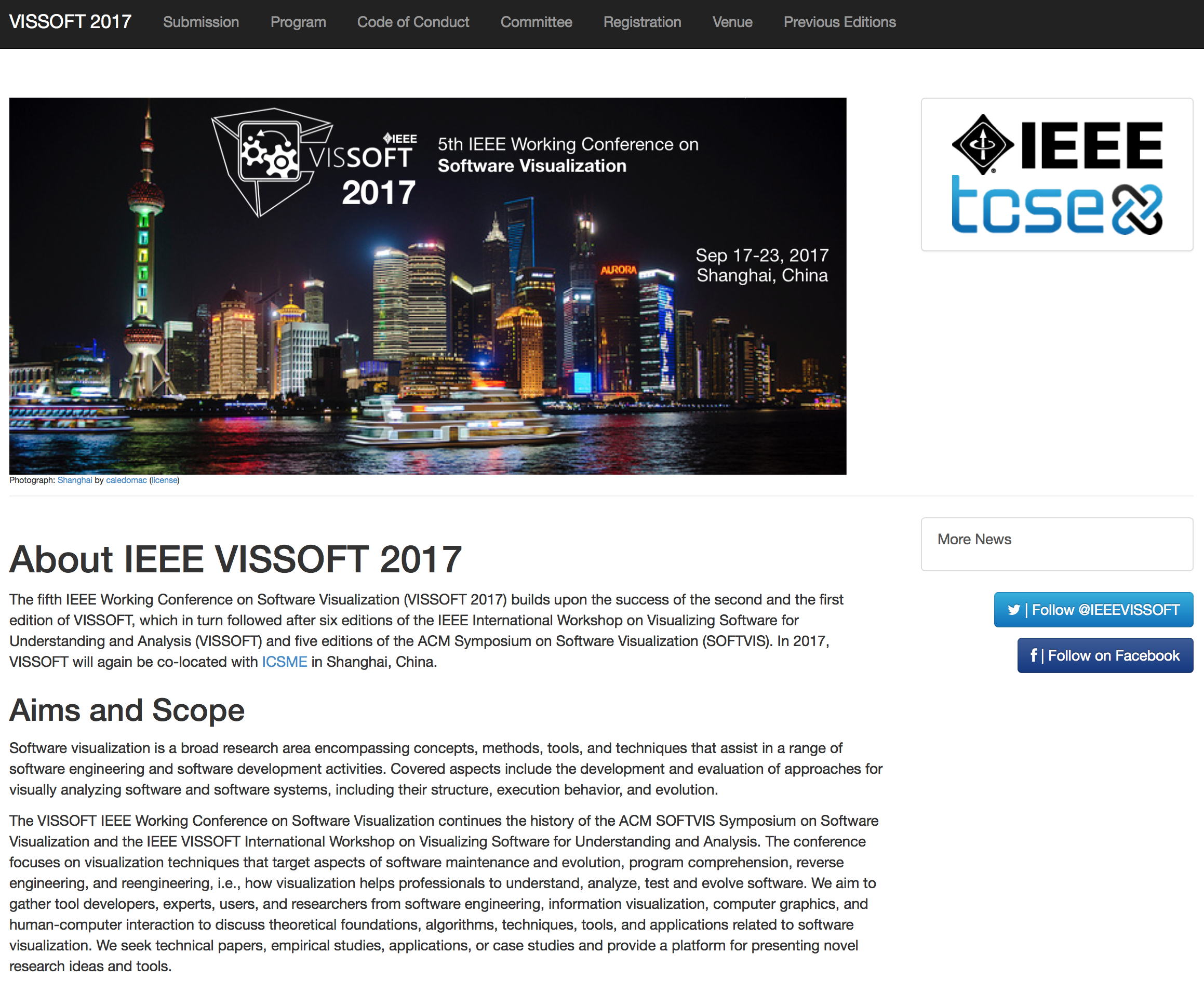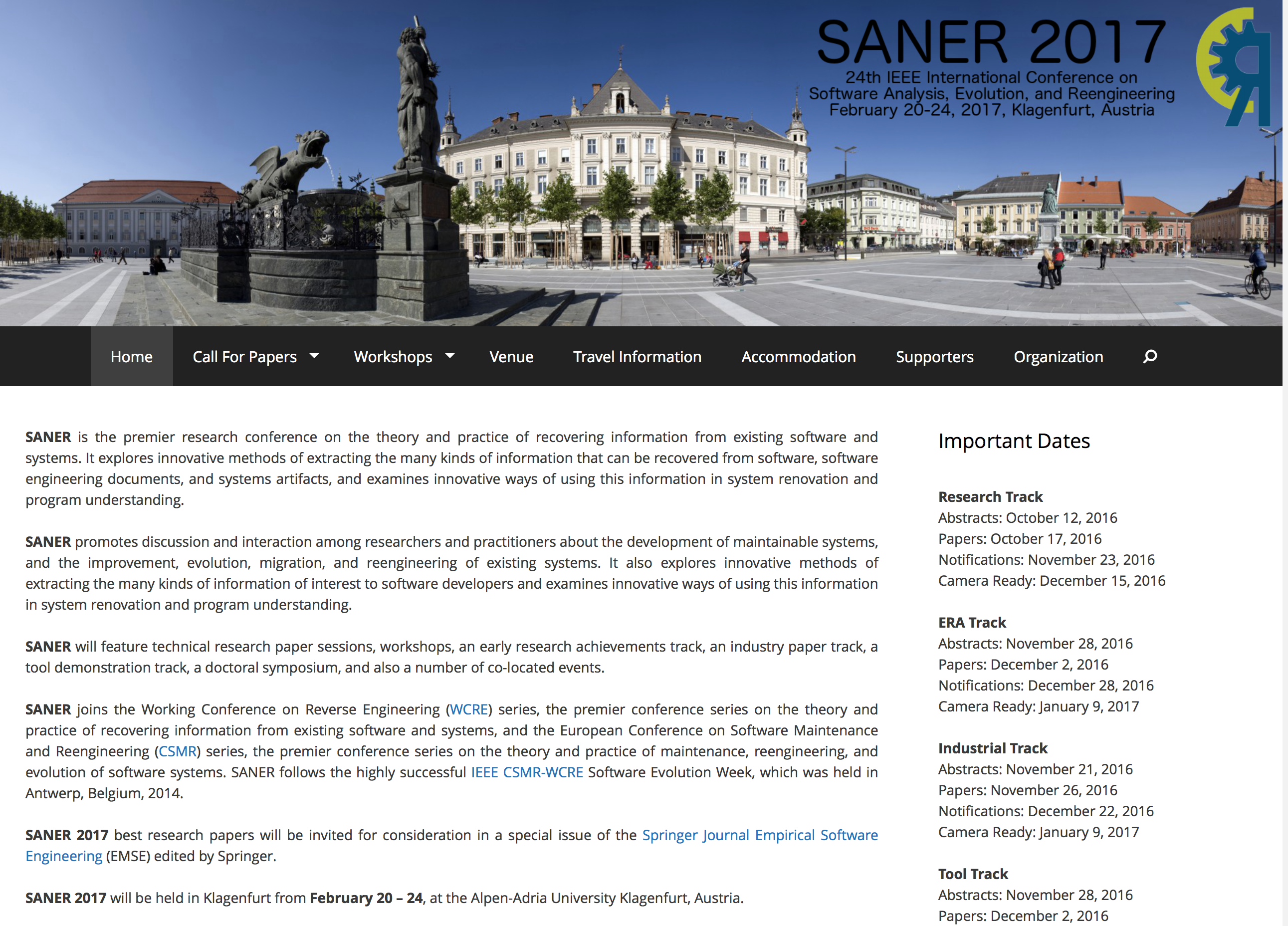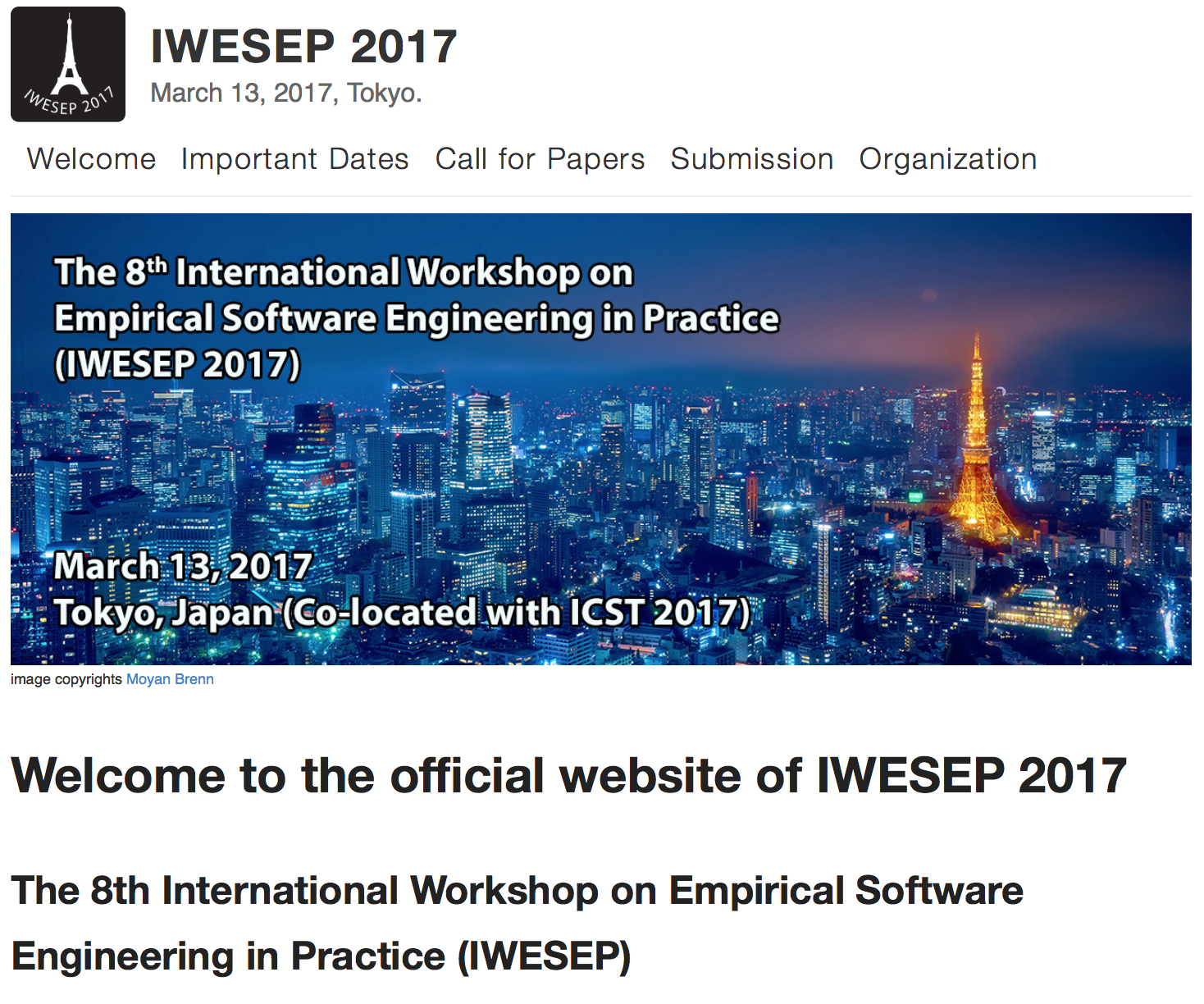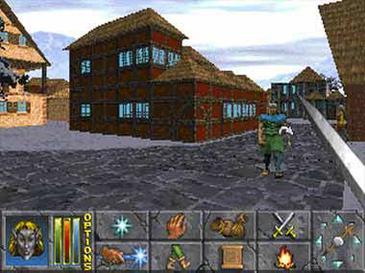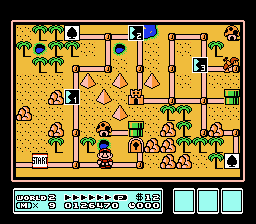me
Science is a differential equation.
Religion is a boundary condition.
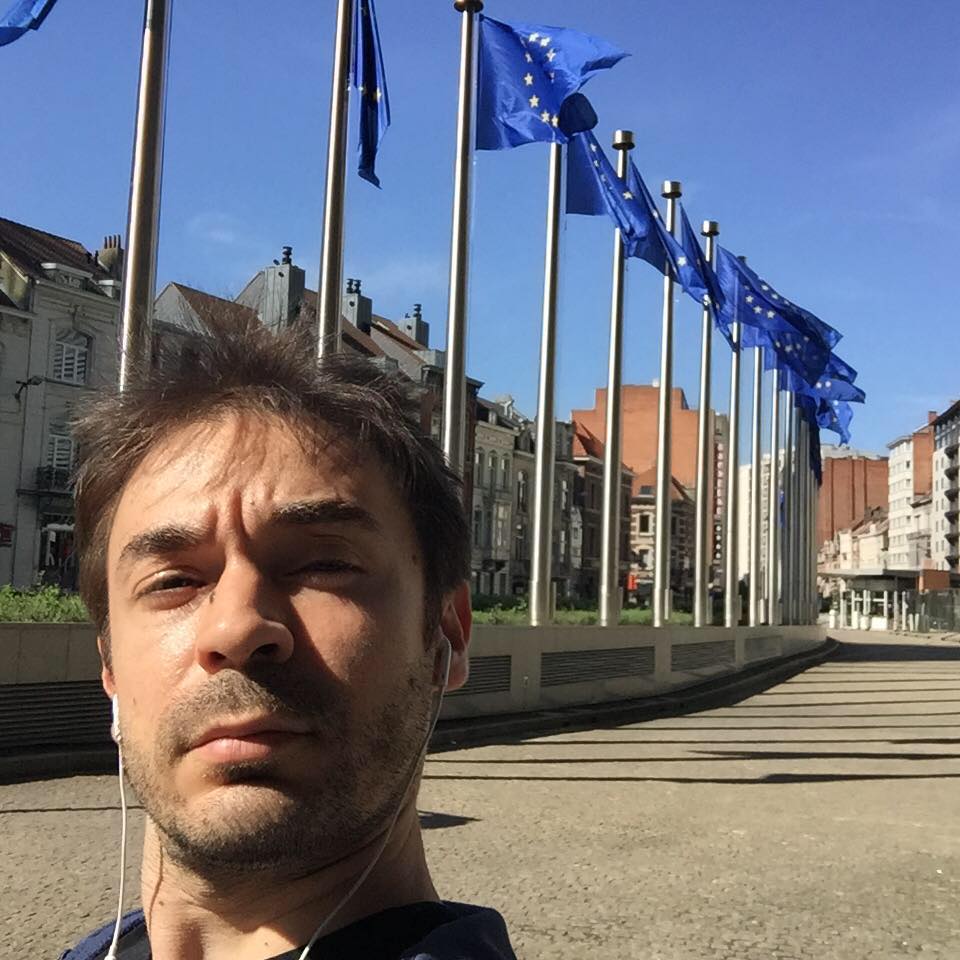
I am a Postdoctoral Researcher in the REVEAL group headed by Prof. Dr. Michele Lanza. My general research interests include software behavioral modeling, testing and analysis, lightweight formal methods, program comprehension, software design and mining software repositories. I got my B.Sc., M.Sc. and PhD at Politecnico di Milano, where I have been advised by Prof. Carlo Ghezzi of deepse group.
During my PhD, I developed a technique to model, recover and validate software specifications from a behavioral point of view. If you are interested in my work, you can check my publications and the homepage of my technique spy. I mainly contributed to the ERC Grant Sms-Com and to the S-Cube European Network of Excellence.
During my PhD I also enjoyed teaching a lot. I have been TA for many computer science courses, from introductory courses to programming to theoretical computer science and algorithms.
In 2011, I joined the Software Design Group at MIT CSAIL with a scholarship paid by the Roberto Rocca foundation. I worked on advances of Alloy and the Alloy analyzer involving partial instances and incremental solving.
For more details you can check my full cv.
research
We appreciate our debt to electrical engineering, without which there would be no computers. Indeed, computer science is to electrical engineering as the art of making love is to the art of making beds.
Software Behavior
Mining Development Artifacts
- the design and quality inspection of code artifacts ;
- mining unstructured data and non-software artifacts .
Analyzing Developer Behavior
Service
Previous
| Role | Conference |
|---|---|
| PC member (TD Track) | FSE 2016 |
| PC co-chair (NIER/TD Track) | VISSOFT 2016 |
| PC member (TD Track) | ICSME 2016 |
| PC member (Main Track) | MSR 2016 |
| PC member (Main Track) | IWESEP 2016 |
| PC member (Main Track) | SANER 2016 |
| PC member (NIER/TD Track) | VISSOFT 2015 |
| PC member (TD Track) | ESEC/FSE 2015 |
| PC member | ICE 2015 |
| PC member (ACM SRC) | ICSE 2015 |
| PC member | Score-it 2015 |
| PC member | MUD 2014 |
papers
There are two ways of constructing a software design: One way is to make it so simple that there are obviously no deficiencies, and the other way is to make it so complicated that there are no obvious deficiencies. The first method is far more difficult. It demands the same skill, devotion, insight, and even inspiration as the discovery of the simple physical laws which underlie the complex phenomena of nature.
personal
Your first 10,000 photographs are your worst.
Photography
Videogames
Politics & Human Rights

"Jimmy Carter hosts a ceremony commemorating the 30th Anniversary of the Universal Declaration of Human Rights. - NARA - 182626" by Unknown or not provided - U.S. National Archives and Records Administration. Licensed under Public Domain via Wikimedia Commons.
